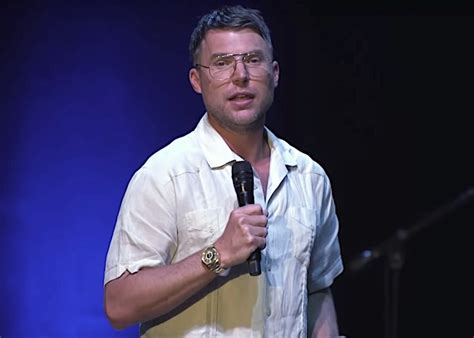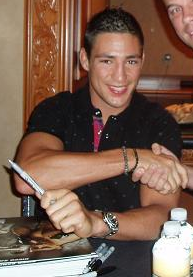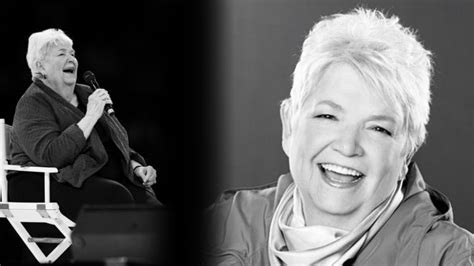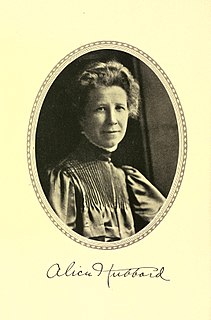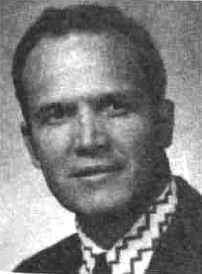A Quote by Charles Spurgeon
There is no physician like Him, none can save as He can; we love Him, and He loves us, and therefore we put ourselves into His hands.
Related Quotes
I am graven on the palms of His hands. I am never out of His mind. All my knowledge of Him depends on His sustained initiative in knowing me. I know Him, because He first knew me, and continues to know me. He knows me as a friend, One who loves me; and there is no moment when His eye is off me, or His attention distracted for me, and no moment, therefore, when His care falters.
God doesn't expect us to perform for him. He loves us always-when we're disappointed or hurt or making a mess of things. Sometimes we speak to him in a language that only he can understand. What matters to him is that we are vulnerable, that we are completely ourselves. We are work, too, but God cherishes us.
This may sound like heresy, but it is the greatest truth! It is more difficult to let God love us, than to love Him! The best way to love Him in return is to open our hearts and let Him love us. Let Him draw close to us and feel Him close to us. This is really very difficult: letting ourselves be loved by Him. And that is perhaps what we need to ask today in the Mass: 'Lord, I want to love You, but teach me the difficult science, the difficult habit of letting myself be loved by You, to feel You close and feel Your tenderness ! May the Lord give us this grace.
The love of a wife to her husband may begin from the supply of her necessities, but afterwards she may also love his person: so the soul first loves Christ for salvation, but when it is brought to him, and finds what sweetness there is in him, then the soul loves him for himself, and esteems his person, as well as rejoices in his benefits.
Whenever we think of Christ, we should recall the love that led Him to bestow on us so many graces and favors, and also the great love God showed in giving us in Christ a pledge of His love; for love calls for love in return. Let us strive to keep this always before our eyes and to rouse ourselves to love Him.
My father had put these things on the table. I looked at him standing by the sink. He was washing his hands, splashing water on his face. My mamma left us. My brother, too. And now my feckless, reckless uncle had as well. My pa stayed, though. My pa always stayed. I looked at him. And saw the sweat stains on his shirt. And his big, scarred hands. And his dirty, weary face. I remembered how, lying in my bed a few nights before, I had looked forward to showing him my uncle's money. To telling him I was leaving. And I was so ashamed.
Loving ourselves is about acceptance, not always liking and feeling comfortable. In the same way I love my fiancé, I love him but don't always like his behavior. I don't always like what he says. But I accept him. I accept him because of these things. It doesn't mean I don't want our relationship to grow or progress. But I don't feel the need to change him. When I accept him for him, we grow naturally, and the same for our own self-love.
He loves me, he doesn't love my bowels, if they showed him my appendix in a glass he wouldn't recognize it, he's always feeling me, but if they put the glass in his hands he wouldn't touch it, he wouldn't think, "that's hers," you ought to love all of somebody, the esophagus, the liver, the intestines. Maybe we don't love them because we aren't used to them, but if we saw them the way we saw our hands and arms maybe we'd love them; the starfish must love each other better than we do.
I put my hand out and wiped the vomit from his lips, and cooed soothing words to him. It squeezed my heart to see him suffer like this - but where my genuine concern for him ended and where my self-interest began, I could not tell: no servant can ever tell what the motives of his heart are. "Do we loathe our masters behind a facade of love - or do we love them behind a facade of loathing? "We are made mysteries to ourselves by the Rooster Coop we are locked in.


